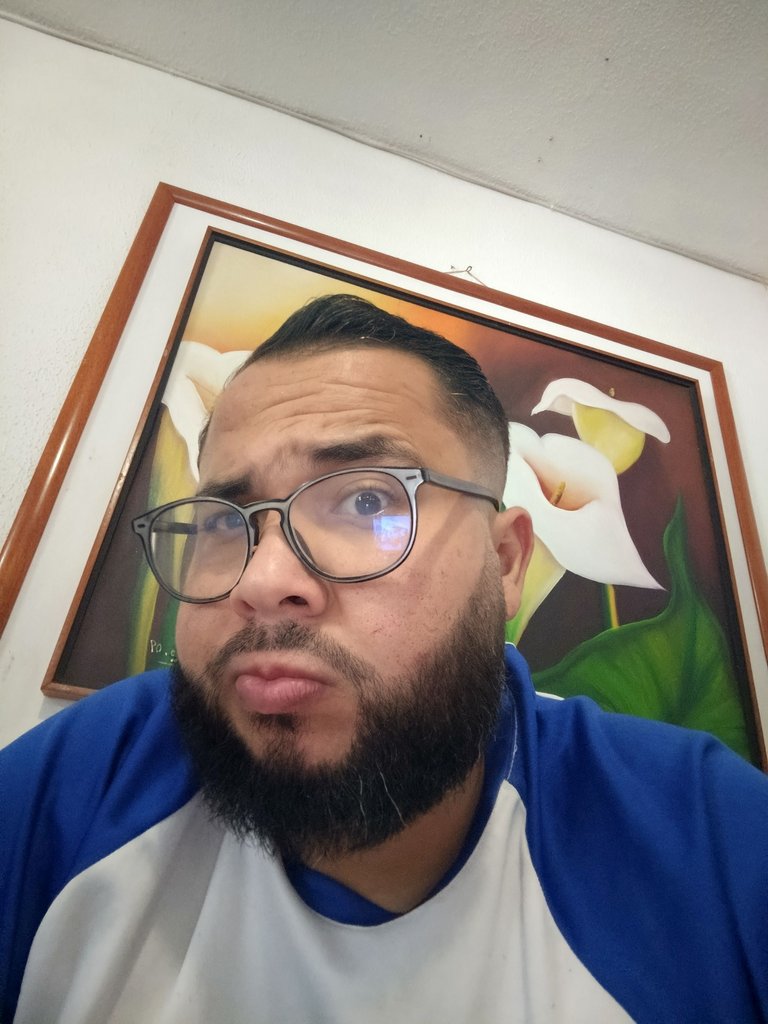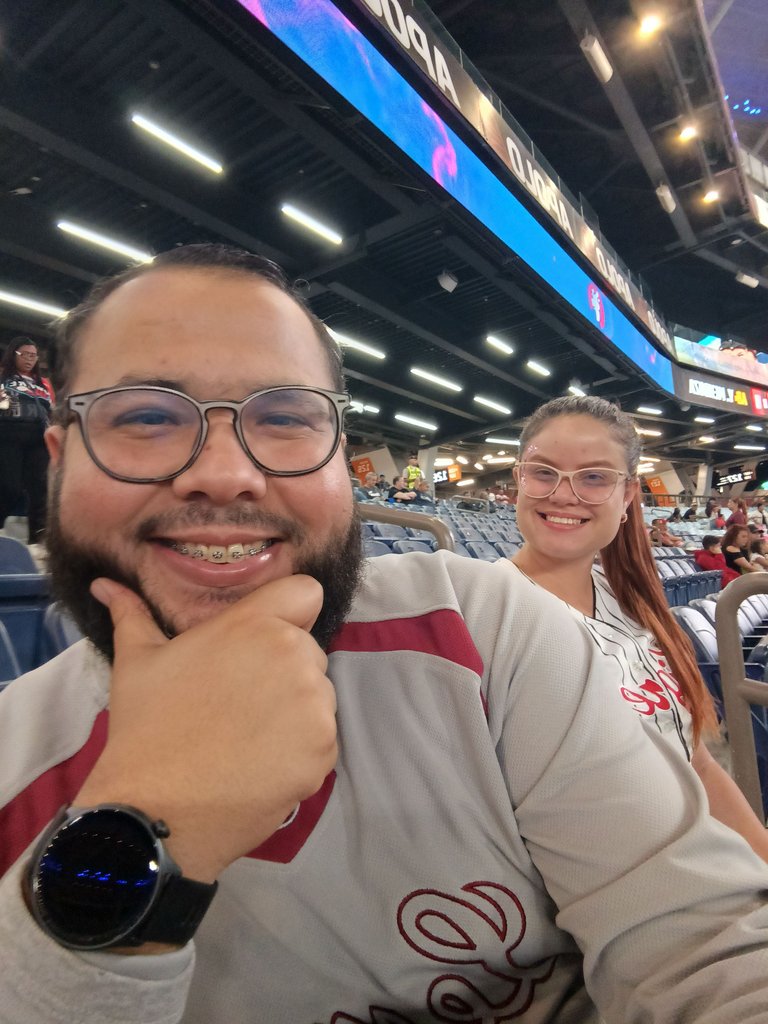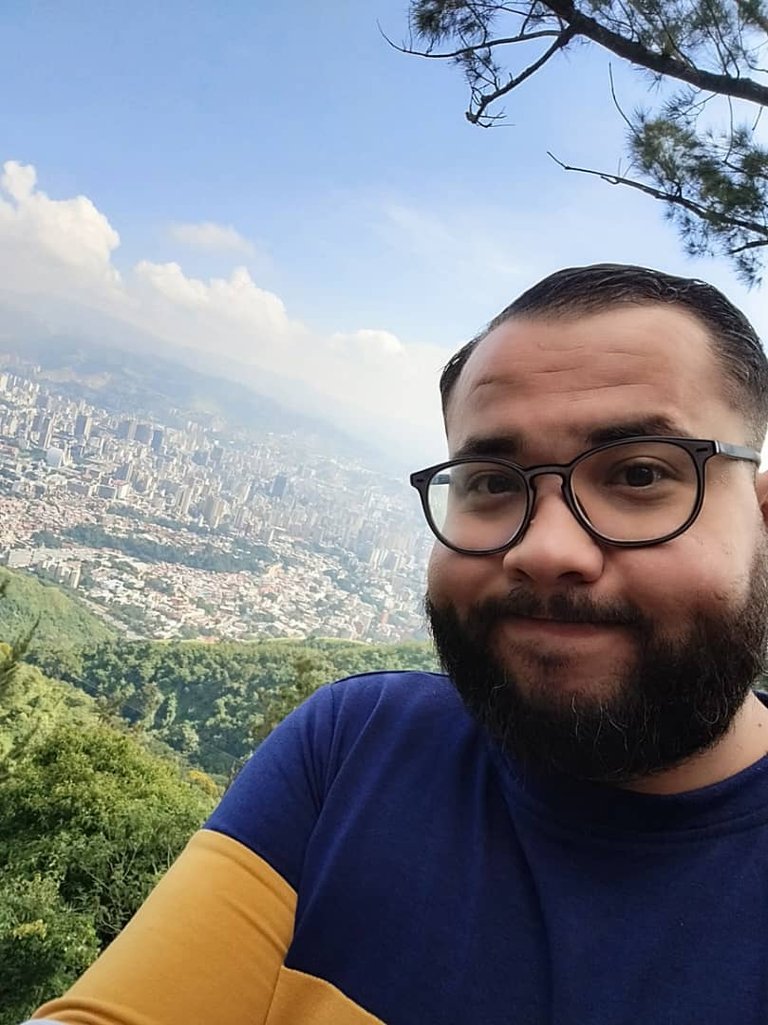
Para empezar a desarrollar este tema sobre el ego es necesario ver su definición desde el diccionario de la Real Academia Española, en primera instancia, lo describe como “autoestima excesiva” pero también desde la psicología el mismo diccionario lo define de esta manera “en el psicoanálisis: Parte de la personalidad, parcialmente consciente, que se reconoce como yo, y actúa como intermediaria entre los instintos, los ideales y la realidad.” De esta manera, entendemos que hablar del ego es hablar desde lo individual, hablar del yo. ¿Pero tú, que piensas del ego? Al realizar esta pregunta lo que pretendo es desenmascarar el ego desde nuestra percepción y al no verlo desde nuestro visor podemos profundizar más en esta acción que muchas veces nos acompaña a diario.
To begin to develop this topic on the ego it is necessary to see its definition from the dictionary of the Royal Spanish Academy, in the first instance, it describes it as "excessive self-esteem" but also from psychology the same dictionary defines it in this way "in psychoanalysis: Part of the personality, partially conscious, which is recognized as self, and acts as an intermediary between instincts, ideals and reality". In this way, we understand that to speak of the ego is to speak from the individual, to speak of the self. But you, what do you think of the ego? By asking this question what I intend is to unmask the ego from our perception and by not seeing it from our viewpoint we can delve deeper into this action that often accompanies us daily.
El ego puede ser un problema, pero quien lo determina siempre será la razón que supera todo sentimiento y emoción, desde entonces se puede afirmar que, trabajo fácil no es, más bien requiere un esfuerzo diario por parte del ser humano, por eso, diversos autores han hablado de este dilema del hombre, tanto que hoy todavía nos cuesta definirlo y sigue siendo objeto de estudio. Es un dilema porque reconocer y reconocerse lleva consigo un proceso arduo que supera los límites del propio ser y de la existencia, por eso, Nietzsche decía: “Cada vez que escalo soy perseguido por un perro llamado ego”, imaginar esta frase es representar lo voraz que puede ser el ego en nuestra vida y mientras más nos acercamos al éxito más cerca el perro puede estar, en este sentido, solo podemos afirmar que el ego tiene que ver con el yo, es individual y una lucha de identidad que se puede representar a través de un péndulo, donde en el centro se encontrará el Yo, y en cada uno de los extremos el Yo puedo y el Yo no puedo. Ahora bien, para comprender esta representación iremos a la teoría del padre del psicoanálisis Sigmund Freud que es el que realmente introduce el término de ego a una de las tres etapas de la personalidad.
The ego can be a problem, but the one who determines it will always be the reason that overcomes all feelings and emotions, since then it can be affirmed that it is not easy work, rather it requires a daily effort on the part of the human being, for that reason, diverse authors have spoken of this dilemma of man, so much so that today we still find it difficult to define it and it continues to be the object of study. It is a dilemma because to recognize and to recognize oneself carries with it an arduous process that exceeds the limits of one's own being and existence, that is why Nietzsche said: "Every time I climb I am chased by a dog called ego", to imagine this phrase is to represent how voracious the ego can be in our life and the closer we get to success the closer the dog can be, in this sense, we can only affirm that the ego has to do with the self, it is individual and a struggle of identity that can be represented through a pendulum, where in the center will be the I, and in each of the extremes the I can and the I cannot. Now, to understand this representation we will go to the theory of the father of psychoanalysis Sigmund Freud who is the one who really introduces the term ego to one of the three stages of personality.

El ego en la teoría de Freud esta intrínsecamente relacionada a lo moral y a las pasiones o los instintos, cada una de ellas tendrá una acepción, veamos algunos puntos clave de esta teoría para profundizar más en el ego:
- El Id: es el ELLO y según Freud aquí se concentran los deseos más básicos (Hambre, deseo sexual, agresión) el principio predomínate es el placer.
- Superego: aquí se sitúa la conciencia moral y entra en conflicto con el ID, Freud manifiesta que este superego se desarrolla en la infancia y crea patrones.
- EGO: Es el mediador y por lo general está inclinado a evaluar las posibilidades o realidades del entorno.
The ego in Freud's theory is intrinsically related to the moral and the passions or instincts, each of them will have a meaning, let's see some key points of this theory to go deeper into the ego:
- The Id: is the IT and according to Freud here the most basic desires are concentrated (Hunger, sexual desire, aggression) the predominant principle is pleasure.
- Superego: this is where the moral conscience is located and it conflicts with the Id. Freud states that this superego develops in childhood and creates patterns.
- EGO: It is the mediator and is generally inclined to evaluate the possibilities or realities of the environment.
Después de esta definición podemos visualizar el ejemplo del péndulo y la lucha del hombre en lograr o hacer lo que se trace sin olvidar la frase de Nietzsche; entre el yo puedo y el yo no puedo se encuentra el ego y este puede resultar difícil si la razón no gana la lucha, sin embargo, es importante destacar que la vida humana consiste en esa lucha de querer y el sentimiento de no poder, ahora bien, ¿Cuál es el papel del ego en las relaciones interpersonales? Freud va respondiendo mediante su teoría que el ego tiene mecanismos de defensa inconscientes, de esta manera habrá que realizar una introspección y ver qué mecanismos de defensa hemos usado ante el estrés, la ansiedad, la represión y proyección. Solo así podemos definir el ego, porque hablar de él mediante un concepto es divagar sobre nuestras actuaciones, mis actuaciones y en ocasiones no terminamos por dejarla a un lado sin asumirlas en nuestra realidad, en nuestro entorno.
After this definition we can visualize the example of the pendulum and the struggle of man to achieve or do what is drawn without forgetting the phrase of Nietzsche; between the I can and I can not is the ego and this can be difficult if reason does not win the fight, however, it is important to note that human life consists of this struggle of wanting and the feeling of not being able, now, What is the role of the ego in interpersonal relationships? Freud answers by means of his theory that the ego has unconscious defense mechanisms, in this way we will have to make an introspection and see what defense mechanisms we have used in the face of stress, anxiety, repression and projection. Only in this way we can define the ego, because to talk about it by means of a concept is to digress about our actions, my actions and sometimes we do not end up leaving it aside without assuming them in our reality, in our environment.

¿Por ego cuántas amistades he perdido? Es una frase que he escuchado y he repetido, pero solo la he podido entender con el tiempo; doblegar, amar, perdonar, sanar, dejar ir son frases que van ayudando el proceso y la lucha entre el YO que es la razón y el ELLO de la que habla Freud que son nuestros deseos. Muchas veces me ha tocado experimentar y entender el ego desde la individualidad, vamos en una carrera por una corona y aunque la corona no represente lo mismo para todos vamos como caballos a la meta, hablo de caballo porque representa bien las emociones, ese ímpetu animal, la fuerza; no obstante, el deseo y la razón será la auriga con la que dominaban los carruajes en la antigua Grecia y solo puede ser dominado por un hombre consciente de su ego, a propósito de esto Nietzsche afirma “El egoísmo es la fuerza que mueve el mundo; sin embargo, el verdadero arte de vivir es aprender a equilibrar nuestro ego con las necesidades de los demás” con esta afirmación no cabe duda que el ego es ante todo una actitud individual y está relacionado a la psique, por eso, Carl Jung escribió: “El ego es solo una parte de nuestra psique; es importante reconocerlo, pero no dejar que controle nuestras acciones” la pregunta ahora es, ¿Qué tiene el ego que puede dominar mis acciones? La respuesta se halla en Freud, deseos, emociones, apetitos.
Because of ego, how many friendships have I lost? It is a phrase that I have heard and repeated, but I have only been able to understand it with time; to bend, to love, to forgive, to heal, to let go are phrases that help the process and the struggle between the "I" which is the reason and the "IT" that Freud speaks of, which are our desires. Many times I have had to experience and understand the ego from the individuality, we go in a race for a crown and although the crown does not represent the same for all of us we go like horses to the goal, I speak of horse because it represents well the emotions, that animal impetus, the force; however, desire and reason will be the charioteer with which dominated the chariots in ancient Greece and can only be dominated by a man aware of his ego, about this Nietzsche states "Egoism is the force that moves the world; however, the true art of living is to learn to balance our ego with the needs of others" with this statement there is no doubt that the ego is primarily an individual attitude and is related to the psyche, therefore, Carl Jung wrote: "The ego is only a part of our psyche; it is important to recognize it, but not to let it control our actions" the question now is, What is it about the ego that can dominate my actions? The answer is found in Freud, desires, emotions, appetites.

Aunque Jung habla solo de una parte de la psique yo en lo personal difiero, ya que como hemos venido desarrollando el ego compromete, involucra al individuo en su ser completo. De manera que hablar del ego es hablar de un ser integral que debe aprender a moverse entre lo que quiere y lo que no puede, o en ese péndulo donde el equilibrio será no dejar que el ego controle nuestras acciones bajo la mirada de Jump. Hemos llegado ya al final de este tema y lo único que puedo decir es que difícil fue definir al ego, pero anonadarse o bañarse de el es una cuestión de segundos y a veces nos arrepentimos, pero ya la acción se ejecutó, dejo una marca, una experiencia. Hoy nuestra sociedad sigue reclamando personas conscientes libres de todo egoísmo, que podamos comprender que hacer una civilización más justa desde el amor y juntos es posible siempre y cuando no dejemos que nos alcance el perro del que hablaba Nietzsche.
Although Jung speaks only of a part of the psyche I personally differ, since as we have been developing the ego compromises, involves the individual in his complete being. So to speak of the ego is to speak of an integral being that must learn to move between what it wants and what it cannot, or in that pendulum where the balance will be not to let the ego control our actions under the gaze of Jump. We have already reached the end of this topic and the only thing I can say is that it was difficult to define the ego, but to be overwhelmed or bathed by it is a matter of seconds and sometimes we regret it, but the action was executed, it left a mark, an experience. Today our society continues to demand conscious people free of all selfishness, who can understand that making a more just civilization from love and together is possible as long as we do not let the dog that Nietzsche spoke of reach us.

Fuente: Imagen realizada en canva
Traducción al Inglés desde Deepl.com